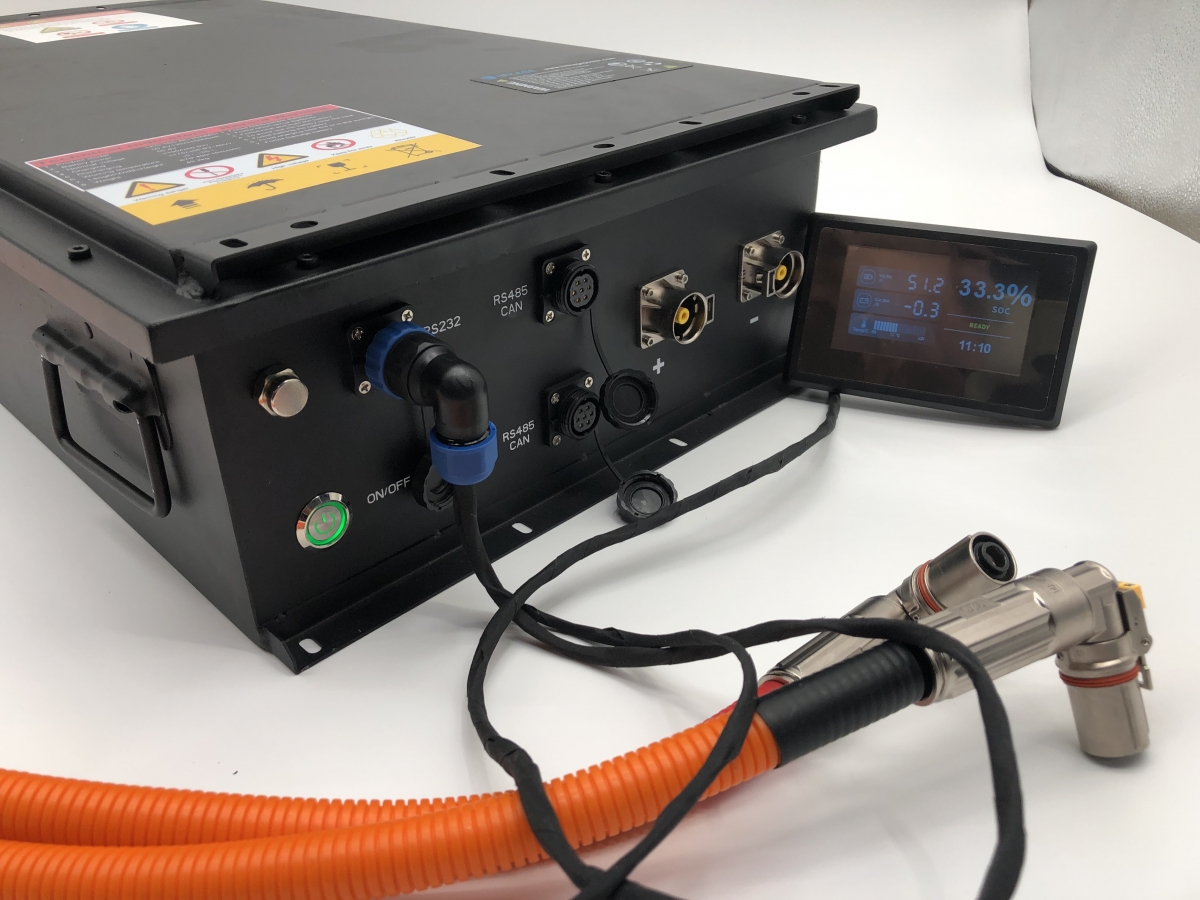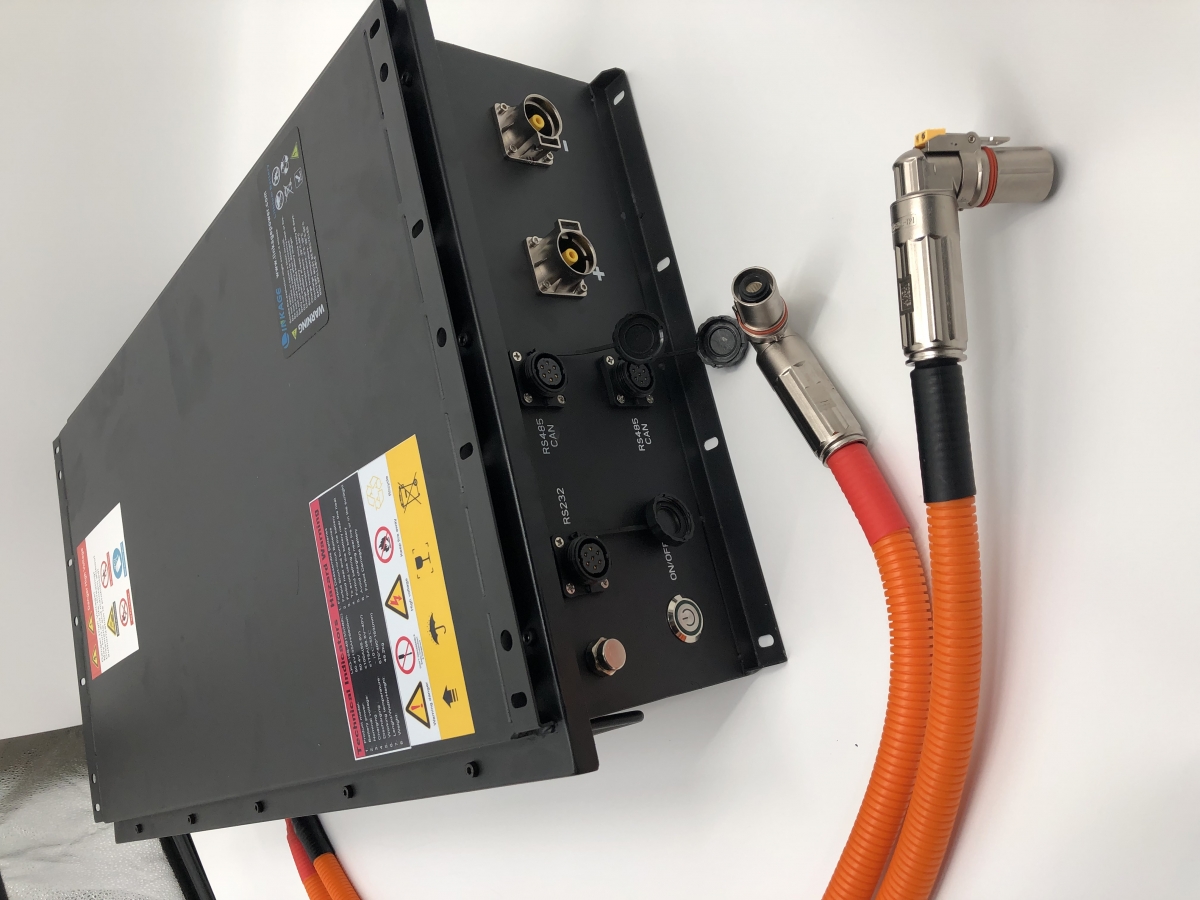- 28
- 11月
How Long Do Lithium Marine Batteries Last?
Lithium marine batteries are becoming increasingly essential for modern boating. They stand out due to their durability and efficiency. Unlike traditional batteries, lithium ones offer a longer lifespan, typically lasting between 5 to 10 years. This extended life is a game-changer for boaters. It means fewer replacements and more reliable power for longer periods. These batteries also withstand numerous charge cycles and handle deep discharges well. This makes them a smart, long-term investment for anyone serious about boating. Their resilience and longevity significantly enhance the boating experience, making them a crucial component in marine adventures.
What are lithium marine batteries?
Lithium marine batteries are high-performance batteries designed for boats. They use lithium-ion technology, similar to what’s in smartphones and electric cars. These batteries are lighter and more efficient than traditional lead-acid batteries. They charge faster and last longer, making them ideal for marine use. Their lightweight nature means they add less weight to boats, enhancing performance. Plus, they are more reliable, providing consistent power even in demanding marine environments. They also require less maintenance, which is a big plus for boat owners.

Why Boaters Are Choosing Lithium for Their Marine Batteries?
Boaters are increasingly choosing lithium batteries for their marine needs, and here’s why:
Longer Life Span
Lithium marine batteries offer a significantly longer life span compared to traditional lead-acid batteries. They can handle hundreds, sometimes thousands, of charge cycles. This means they don’t need frequent replacements, saving boaters time and money in the long run.
Lightweight Advantage
One of the biggest draws is their lightweight nature. Lithium batteries are much lighter than lead-acid batteries, which is a huge plus for boats. A lighter battery means easier handling and potentially faster speeds, enhancing overall boating performance.
Faster Charging
Time is precious, especially on the water. Comparing lithium to lead-acid batteries, the former charge considerably more quickly. This rapid charging capability means more time enjoying the water and less time waiting for batteries to charge.
Consistent Power Delivery
Throughout their discharge cycle, they deliver power output that is constant. This consistency is crucial for boaters who rely on steady, reliable power for navigation, communication, and other essential onboard systems.
Increased Efficiency
Lithium batteries are more efficient in terms of energy output. They can discharge at a higher rate, providing more usable energy. This efficiency is especially beneficial for power-intensive activities like running trolling motors or powering electronic equipment.
Low Maintenance
Unlike lead-acid batteries, lithium marine batteries require minimal maintenance. They don’t need to be topped off with water, and they’re less prone to corrosion. This low maintenance aspect makes them a convenient choice for boaters who prefer to spend more time on the water and less time on upkeep.
Environmentally Friendly
Being more eco-friendly is a growing concern for many. Lithium batteries are a greener option. They don’t contain harmful lead and acid, reducing environmental impact. Plus, their longer lifespan means less waste of time.
Space and Weight Savings
Space is always at a premium on boats. In a smaller compact, lithium batteries provide greater power. This compact size and weight reduction can free up valuable space on boats for other equipment or amenities.
Improved Safety Features
Lithium batteries are generally safer than lead-acid batteries. They are less prone to overheating and are equipped with advanced management systems that protect against overcharging and deep discharging, which can be particularly important in marine environments.
Versatility
They are versatile and can be used for a variety of applications on boats, from starting engines to powering electronics and appliances. This versatility makes them a one-size-fits-all solution for many boating power needs.
Enhanced Resilience
Marine environments can be tough on equipment. Lithium batteries are more resilient to harsh conditions. They perform well in a wide range of temperatures and are less affected by vibrations and shocks, which are common in marine settings.
Customization and Smart Technology
Many lithium batteries come with smart technology features, allowing for monitoring and customization. Boaters can track their battery’s status and performance, ensuring optimal usage and longevity.
Lithium marine batteries offer a host of advantages that are hard to ignore. They provide longer life spans, faster charging, and consistent power, all while being lightweight and low maintenance.
How long do lithium marine batteries last?
Lithium marine batteries are known for their impressive lifespan, which is a key factor in their growing popularity among boaters. Let’s explore just how long these batteries can last.
Durability and Longevity
Typically, a lithium marine battery can last anywhere from 5 to 10 years. This is significantly longer than traditional lead-acid batteries, which often need replacing after 2 to 3 years. The reason behind this longevity is the advanced lithium-ion technology they employ, which withstands numerous charge and discharge cycles efficiently.
Charge Cycles
A major factor in a battery’s lifespan is its charge cycles. Lithium marine batteries boast a high number of charge cycles – often up to 2000 or more. This means they can be drained and recharged thousands of times before their capacity starts to diminish significantly. For a boater, this translates to years of reliable use.
Depth of Discharge (DoD)
The Depth of Discharge also impacts longevity. Lithium batteries can handle a deeper discharge without damaging their lifespan. This means you can use more of the battery’s capacity without worrying about long-term harm, unlike lead-acid batteries that degrade faster when deeply discharged regularly.
Usage Patterns
How often and how you use the battery also play roles. Frequent deep discharges and recharges can shorten the lifespan, but thanks to lithium batteries’ resilience, they still outlast other types.
Temperature Resistance
Lithium marine batteries are more resistant to temperature variations. Extreme cold or heat can reduce a battery’s lifespan, but lithium batteries are better equipped to handle such conditions, making them more durable for marine environments.
Maintenance
Another advantage is the minimal maintenance required. Lead-acid batteries often need water top-ups and regular checks, but lithium batteries don’t. This not only makes them more convenient but also contributes to a longer lifespan as there’s less risk of maintenance-related issues.

Smart Technology
Many lithium batteries come with built-in smart technology. This includes management systems that protect the battery from overcharging, deep discharge, and overheating. Such features help maintain the battery’s health, thereby extending its lifespan.
Quality and Brand
The quality of the lithium battery and the reputation of its manufacturer also affect lifespan. High-quality batteries from reputable brands tend to last longer and perform better.
Lithium marine batteries are a long-lasting, durable choice for boaters. Their ability to handle numerous charge cycles, resist temperature fluctuations, and require minimal maintenance makes them a superior option. While the initial cost might be higher than traditional batteries, the extended lifespan and reliable performance make them a cost-effective and convenient choice in the long run.
